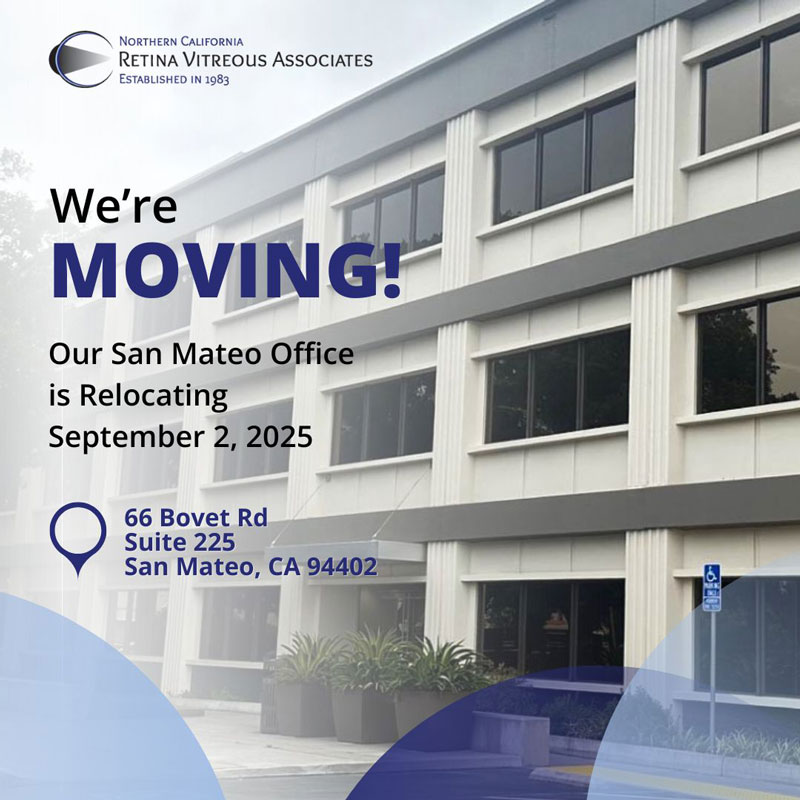Our Services
What is a Retinal Specialist?
A retina specialist is a highly trained medical doctor (MD) and surgeon that has completed extensive training following medical school to diagnose and manage the full spectrum of diseases affecting the retina, macula, and vitreous. All of our physicians have completed 4 years of medical school, 1 year internship, 3 years of Ophthalmology Residency, 1 to 2 years of Vitreo-Retinal Surgical Fellowship and are Board Certified by the American Board of Ophthalmology. Additionally, some of our physicians have pursued additional fellowships in ocular oncology and uveitis.
What is the Retina and Macula?
The structure of the eye is similar to that of a camera. The front of the eye consists of the Cornea and Lens which focus light into the eye, which are similar to the lens of a camera. The light is then absorbed by the Retina, which is similar to the film of a camera. It is a thin membrane-like structure that lines the inside of the eye. The Retina processes the light, and then sends a signal through the Optic Nerve, which is similar to a wire that connects the eye to your brain.
The Macula is a special area in the center of the Retina that is responsible for the best central vision. It allows us to read, drive, and recognize faces. The most common conditions that affect the macula include Age-Related Macular Degeneration, Diabetic Macular Edema, Epiretinal Membrane, amongst others.
What is the Vitreous?
The Vitreous is a jelly-like substance that fills the middle part of the eye. As one gets older, the vitreous turns to liquid and separates from the back wall of the eye, called posterior vitreous detachment. This can result in symptoms of floaters and flashing lights. Occasionally, the separation may cause a retinal tear, or retinal detachment.

